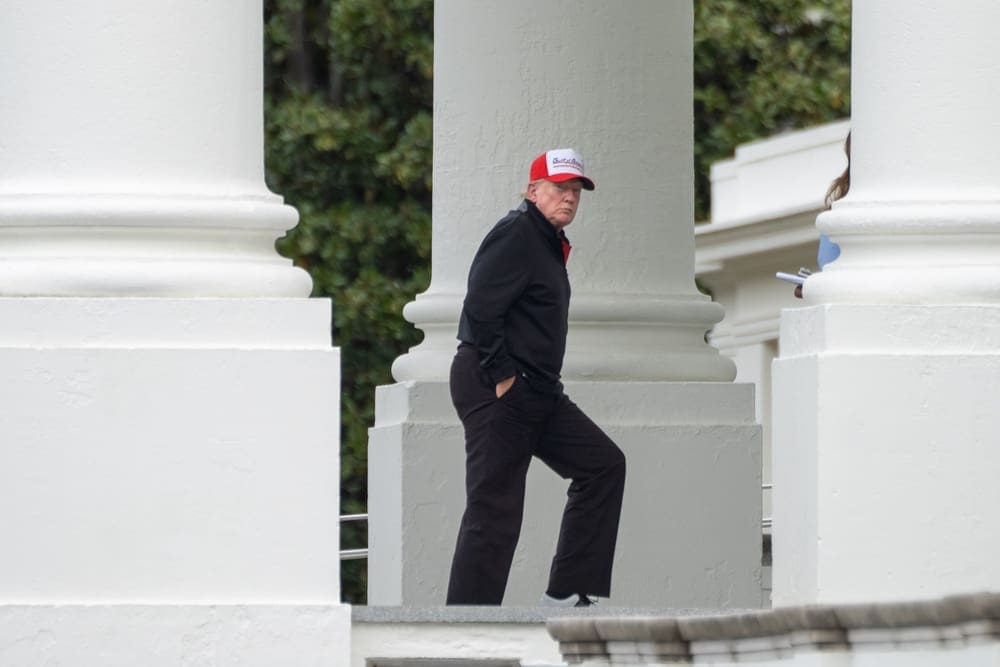President Donald Trump, on his first significant foreign trip of the new term, seems to admire the Gulf states he is visiting, wishing that America could mirror their attributes. In Saudi Arabia, he received a grand welcome from Crown Prince Mohammed bin Salman, surpassing the recognition he often receives from his top officials back home. Qatar is set to offer more spectacle, especially given their offer of a modern 747-8 jet to replace Trump’s aging Air Force One.
Trump’s visit to the Gulf, including the United Arab Emirates, offers a glimpse into his second-term ambitions. His efforts to secure hundreds of billions of dollars in foreign investment underscore “America first” as both an economic and foreign policy strategy. Trump appears at ease with the wealthy authoritarian leaders of the Gulf, where politics and personal wealth often intertwine. His presence in Riyadh also tacitly endorses business ventures pursued by his sons in these regions.
Highlighting the rising geopolitical and economic influence of the Gulf, Trump is particularly focused on the wealth and power shift from west to east, spearheaded by oil-rich nations like Saudi Arabia, Qatar, and the UAE. Qatar, a small state with significant diplomatic clout, plays a key role in international negotiations, connecting various conflicting parties and acting as a mini-United Nations.
Trump’s quest for $1 trillion in Gulf investments aims to support his tariff-led economic strategy for the U.S. He is impressed by the rapid transformations in the Gulf, unburdened by the U.S.’s regulatory challenges. Sovereign wealth funds in these states are revolutionizing sports, arts, and infrastructure, ensuring their future beyond oil dependency. Qatar’s hosting of the FIFA World Cup in 2022 was part of a strategy to boost its international image, despite criticism over its human rights record. Similarly, Saudi Arabia is investing heavily in sports and political initiatives.
Trump’s admiration for the Gulf’s development is evident in his speeches, where he praises the majestic skyscrapers and the region’s shift from historical conflicts to a future defined by commerce. His endorsement of the Gulf’s model reflects his political aspirations back home, where he might desire similar authoritative powers and freedom from judicial and media scrutiny.
Trump’s known admiration for strong leaders was evident during his interaction with MBS, despite the latter’s controversial reputation following the killing of journalist Jamal Khashoggi. Trump’s administration emphasizes a pragmatic foreign policy, focusing on America’s stability and prosperity over moral judgments of foreign leaders.
During his visit, Trump announced $600 billion in new U.S. investments, though such figures often include pre-existing deals and unmaterialized promises. Nonetheless, the lifting of U.S. sanctions on Syria following the Assad regime’s fall marks a significant development, albeit potentially contentious for allies like Israel.
The trip emphasizes economic objectives, yet also intertwines with security policies, particularly in Qatar, a nation pivotal for U.S. military operations. Qatar plays a crucial role in resolving international disputes, facilitating hostage releases, and supporting ceasefire efforts, making it indispensable to U.S. foreign policy.
Qatar’s diplomatic outreach extends to various global conflicts, often acting where the U.S. cannot. However, its openness to extremist groups has sometimes strained relations with neighboring countries and drawn criticism from U.S. lawmakers.
Despite Qatar’s diplomatic successes, its offer of a new 747 for Air Force One has sparked controversy, seen by critics as an attempt to sway the transactional Trump. Concerns over Qatar’s human rights record add further complexity to the matter, with some U.S. politicians cautioning against accepting such gifts, fearing it might compromise America’s stance on human rights.











